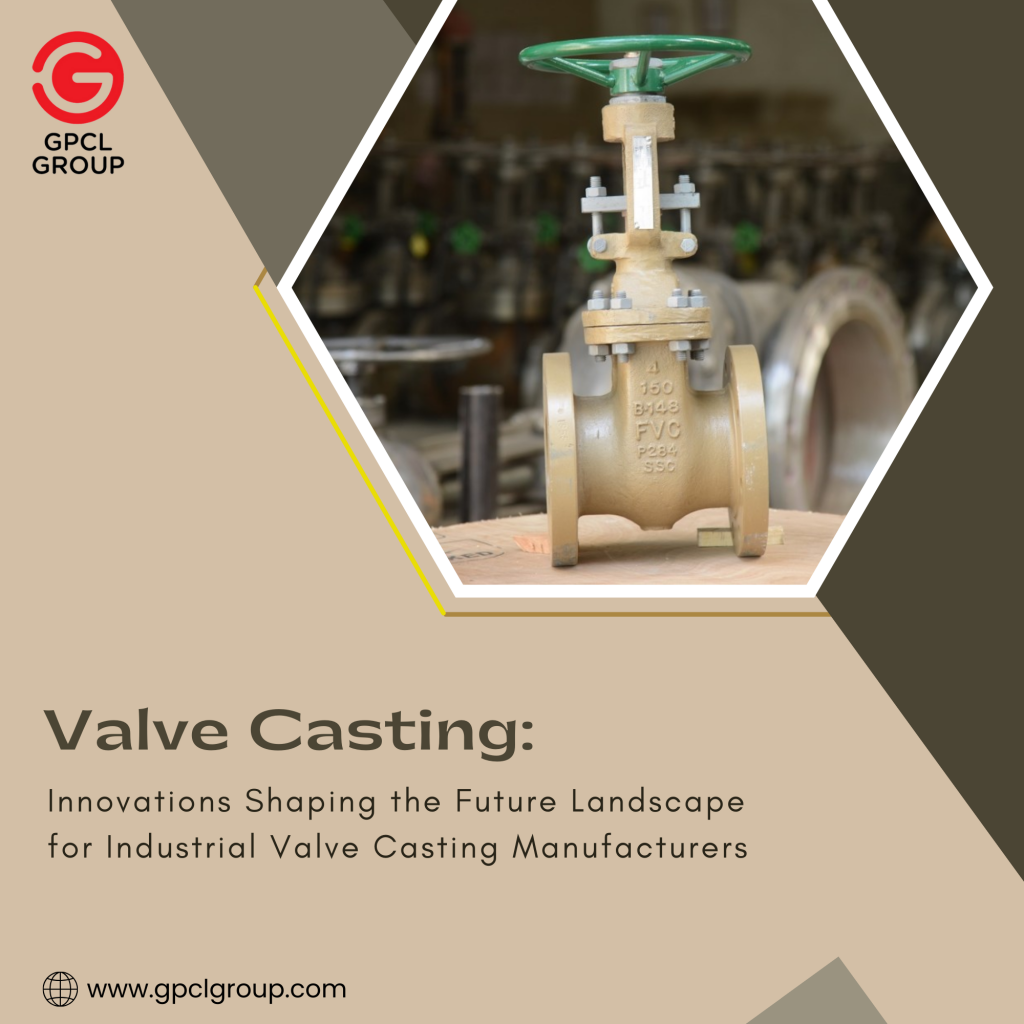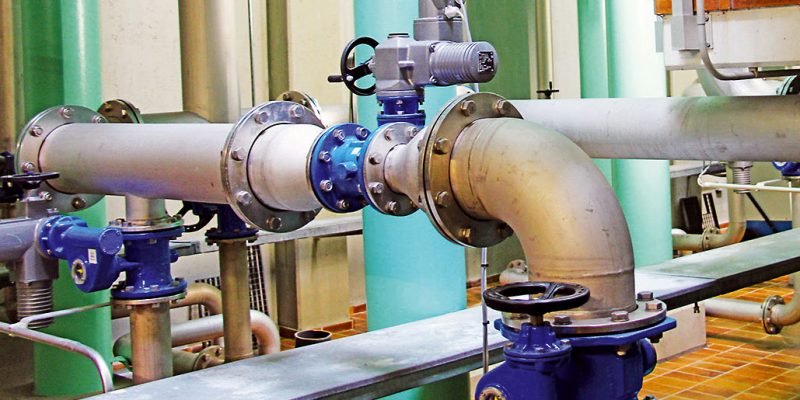The industrial landscape is undergoing a transformative revolution, and one sector that is at the forefront of this change is valve casting manufacturing. As technology advances and industries demand more sophisticated solutions, valve casting manufacturers are leveraging innovative techniques to meet these evolving needs. In this article, we will explore the key innovations shaping the future for industrial valve casting manufacturers and how they are revolutionizing the sector.
Key Innovations Shaping the Future for Industrial Valve Casting Manufacturers
- Advanced Materials and Alloys:
One of the significant developments in the valve casting manufacturing industry is the adoption of advanced materials and alloys. Valve casting manufacturers are exploring high-performance materials that offer enhanced durability, corrosion resistance, and improved mechanical properties. These innovations are crucial in extending the lifespan of valves, reducing maintenance costs, and ensuring optimal performance in challenging industrial environments.
Valve casting manufacturers are investing in research and development to identify alloys that can withstand extreme temperatures, pressures, and corrosive substances. This focus on advanced materials is not only enhancing the durability of valves but also contributing to the overall efficiency and reliability of industrial processes.

- 3D Printing Technology:
The integration of 3D printing technology is another game-changer in the realm of valve casting manufacturing. Traditionally, casting intricate valve designs involved complex and time-consuming processes. However, with 3D printing, manufacturers can create intricate and customized valve components with unparalleled precision and speed.
This innovative approach allows valve casting manufacturers to produce prototypes rapidly, test various designs, and refine their products before mass production. 3D printing is not only accelerating the product development cycle but also opening doors to new design possibilities that were once deemed impractical. This technology is driving efficiency, reducing waste, and enabling manufacturers to respond swiftly to market demands.
- Internet of Things (IoT) Integration:
The industrial sector is experiencing a surge in the adoption of IoT technology, and valve casting manufacturers are no exception. IoT integration in valve systems enables real-time monitoring, predictive maintenance, and data-driven decision-making. Smart valves equipped with sensors can provide valuable insights into performance metrics, allowing manufacturers to detect potential issues before they escalate.
Valve casting manufacturers are leveraging IoT to enhance the efficiency of industrial processes by optimizing valve performance, reducing downtime, and extending equipment lifespan. The ability to remotely monitor and control valves through IoT-enabled devices is revolutionizing maintenance practices, leading to cost savings and improved operational reliability.
- Artificial Intelligence (AI) in Valve Casting Manufacturing:
Artificial Intelligence is making its mark in various industries, and valve casting manufacturing is no different. AI algorithms are being employed to optimize casting processes, improve quality control, and enhance production efficiency. Machine learning models analyze vast datasets to identify patterns, predict potential defects, and optimize casting parameters for better results.
Valve casting manufacturers are embracing AI to streamline their operations, reduce production costs, and ensure the consistency of product quality. By harnessing the power of AI, manufacturers can achieve higher levels of precision in casting processes, leading to improved overall performance and customer satisfaction.
- Sustainable Practices:
As the world focuses on sustainability, valve casting manufacturers are increasingly adopting environmentally friendly practices. From the selection of eco-friendly materials to optimizing manufacturing processes for minimal waste, sustainability is becoming a key consideration in the industry.
Valve casting manufacturers are exploring ways to reduce their carbon footprint by implementing energy-efficient practices and recycling materials. Sustainable initiatives not only align with global environmental goals but also resonate with environmentally conscious consumers and businesses. This shift towards sustainability is not just a trend but a strategic move to secure a place in the future industrial landscape.
Conclusion:
In conclusion, the landscape for industrial valve casting manufacturers is rapidly evolving, driven by innovations that enhance performance, efficiency, and sustainability. The integration of advanced materials, 3D printing, IoT technology, artificial intelligence, and sustainable practices are reshaping the future of valve casting manufacturing. As the industry continues to embrace these innovations, valve casting manufacturers are well-positioned to meet the increasing demands of diverse industrial sectors, ensuring a resilient and progressive future.














Comments